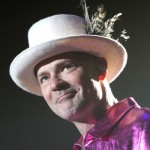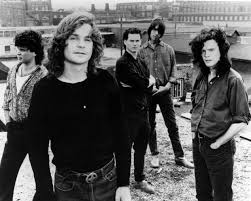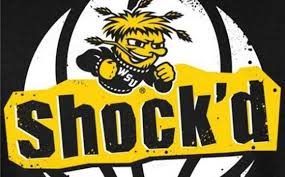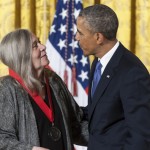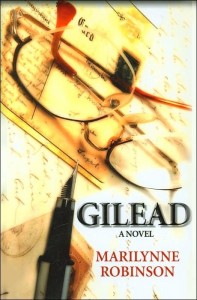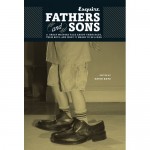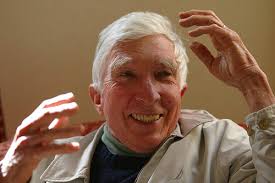
Twitter made this just for me. Thanks, Twitter!
[2.5-minute read.]
It’s a day of hundreds, centuries, and numerical landmarks that end in double zeroes. (N.B. Not *that* 700 Club. Relax.) Because hundreds! Because, why NOT? Because you’ll see, that’s why! [UPDATE: And thousands, too, ‘cuz ’bout a month after this breathless report, JHdotCOM — this humble effusion of my thinkings — hit its 30,000th page view, which sounds like a lot. (If I cut back on the thinkings.)]
The 100. This is a TV show I have never seen, and only know because I follow a guy on Twitter who’s brilliant but weirdly seduced by gobs and gobs of television. What’s more: a hundred? In the folly of my middle age, I feel I want to live to that age, partly because I’m afraid of missing out on grandchildren if I don’t¹, partly because though allegedly a man of faith I’m afraid to croak, and principally because my hero, the basketball coaching legend John Wooden, fell a few months short and I’d like to do something he couldn’t pull off. When he died in 2010, I was a long way from L.A., and my bucket list was one large item lighter.
¹ Well, of course this is a shot at my sons!
200. TWO HUNDRED? Before this blog existed, somewhere around the turn of the century, I hit two hundred pounds for the first time ‘round, and it hit me back. Hard. I found the never-published chronicle of my comical lard-based dismay a couple of years ago, when I was flirting (again! still!) with that flagstaff of fatness, and included it in a 2014 blog-post. My China years of playing basketball, walking everywhere, and reduced access to my preferred vices had gotten me down. Weightwise, that is. Sometime this past year, I cow-tipped my new scales at 200 again, and it ticked me off, so I instantly did nothing about it.
HOWEVER! This very morning, friends and strangers and aliens and all my flat-bellied players, my scales said THIS: 199.5 (Pounds, that is.) So: YES!! And ‘BOUT FRIGGIN’ TIME!! And more brave muttering about how this is just the start and I can DO this and old-guy underwear ads, here I come! and so on. And Bruce Springsteen started singing in my head, so that’s good, too, though I think he had a different kind of descent in mind.
300. I refused to see the movie, and I still think it was crap. * he limps off to growl at children* But I was a pretty consistent .300 hitter in my bat-swinging days. *he prepares to launch into “boring stories of / Glory days…* Springsteen’s everywhere today.
400. It has been four centuries since Shakespeare died. So whatcha gonna DO about it?
500. Nothing to say about this number, except that it’s linked to Fortune, which is a fickle and ephemeral thing (and I haven’t made mine yet but this blog post could change all that).
600. Tennyson, anyone?
(Give yourself a banana split if you guessed “The Charge of the Light Brigade”.)
“…’Forward, the Light Brigade!’ / Was there a man dismayed? / Not though the soldier knew / Someone had blundered. / Theirs not to make reply, / Theirs not to reason why, / Theirs but to do and die. / Into the valley of Death / Rode the six hundred…” Because poetry.
700. SEVEN. HUNDRED. BLURTS. SEVEN HUNDRED! (In which the bloggish typist finally gets around to the point of what this post is, sort of, about. Don’t miss it!!)
Continue Reading >>

